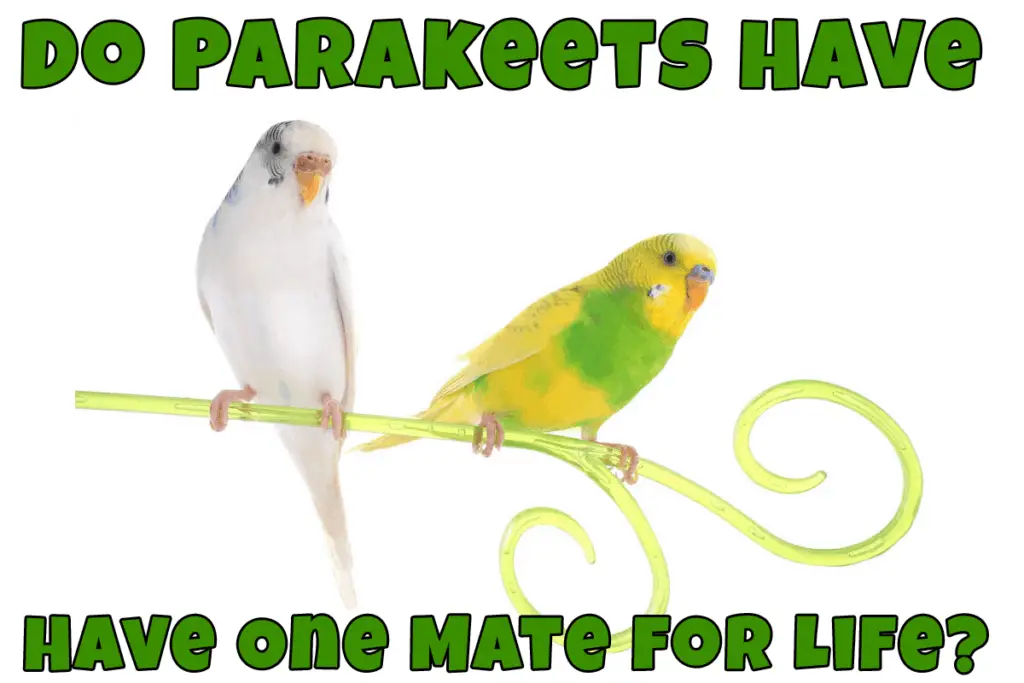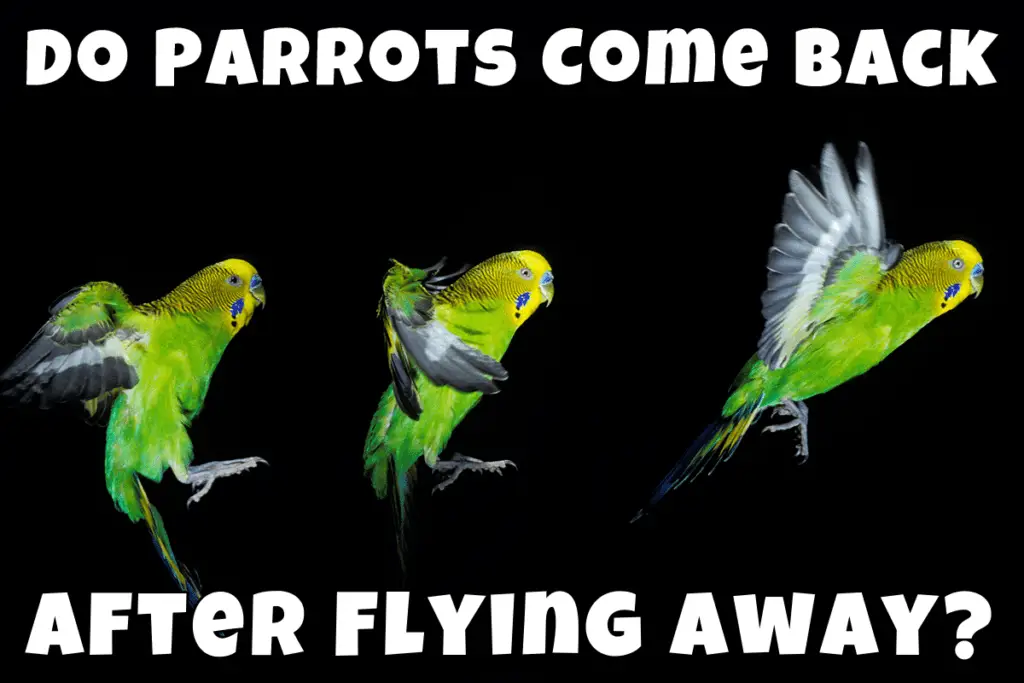Parrots are very sociable animals, and they like to communicate both with people and with other animals. Often they do everything to get your attention and to start communication. They can chat all the time, sing and make various sounds using the surrounding objects. They are one of the most social animals, who get great pleasure from communication and strive to receive attention in any situation. However, some parrots are not so friendly. They may remain quiet and calm, tending to be in solitude and avoid social interaction. What does it mean? Can parrots be autistic?
In general, parrots can behave the same way as autistic people, which means that they have a hard time communicating with the outside world. This behavior is often the result of environmental stresses and events. It appears over time and can develop gradually.
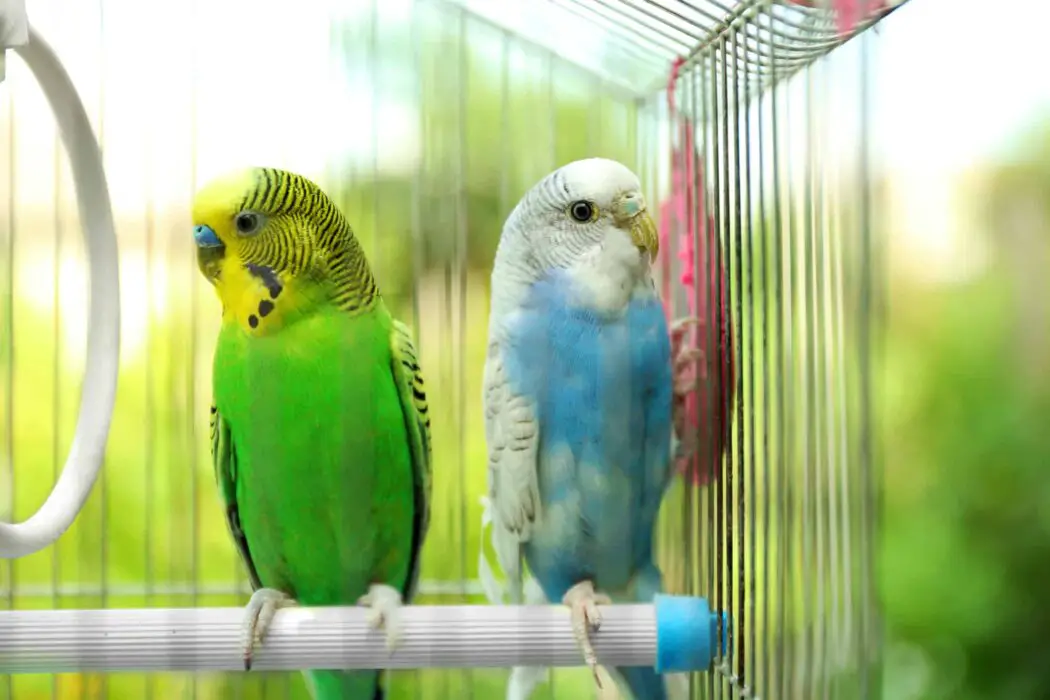
In order to give a clear answer to this question, we need to consider a few details. First, let’s compare the behavior of people with autism and birds with similar traits to see if parrots can be autistic. This article will identify the possible causes of these changes in your pet, discuss the research, and look at possible ways to help your parrot if they have an autism-like disorder. Let’s dive in!
Are Parrots Afraid of the Dark?
What Is Autism?
In order for you to better understand the behavior of parrots, we should discuss what autism is and how it manifests itself. Autism has the definition of an autism spectrum disorder (ASD). This disorder affects a person’s ability to communicate and develop communication skills in relation to other people. Unfortunately, this condition is incurable and stays with people all their lives. In fact, there are no specific health tests to confirm autism. It can only be diagnosed by symptoms.
There are currently no studies that determine the causes of ASD. However, scientists suggest that it is the result of changes in the functions of the human brain. Studies of children with autism show that they have changed brain structures responsible for speech and sound perception. There are also changes in areas of the brain that are responsible for complex cognitive and social functions.
ASD has many forms, in which the severity of the condition can range from slight symptoms with difficulty communicating to severe symptoms in which the person is unable to perform certain functions. Often, people with autism cannot communicate with other people, and some may not speak at all. Such people can sometimes repeat the same action to calm down, have obsession with something, and feel uncomfortable in a noisy environment.
Common Behaviors Seen in Autistic Humans and Parrots
If you are familiar with the symptoms of autism in humans, you may find similar behavior in parrots. However, this behavior can be considered an anomaly for humans but a normal response of parrots to stress or life threats. Also, your parrot may just have a humble nature and not be so sociable. In this case, you can help them adapt and fix it. Let’s look at the two main factors that people with ASD and some parrots have.
Difficulty with Communication
The most common symptom of ASD in humans is deterioration in communication skills. It is expressed in the inability to understand what other people say and communicate in response. It can also be difficult for people with autism to learn and use speech, and some of them do not speak at all. Also, one of the communicative symptoms of ASD may be the inability to express non-verbal reactions when communicating with other people.
As for parrots, they are one of the most friendly animals. They love to show affection to people they like and express it in many ways. Often parrots will rub their heads on you, sit on your shoulder, and bite gently. Or, for example, nod their head when they see you. In addition, parrots that can talk greet you with different words or sounds if they haven’t mastered speech yet. These are all signs of affection and a desire to communicate.
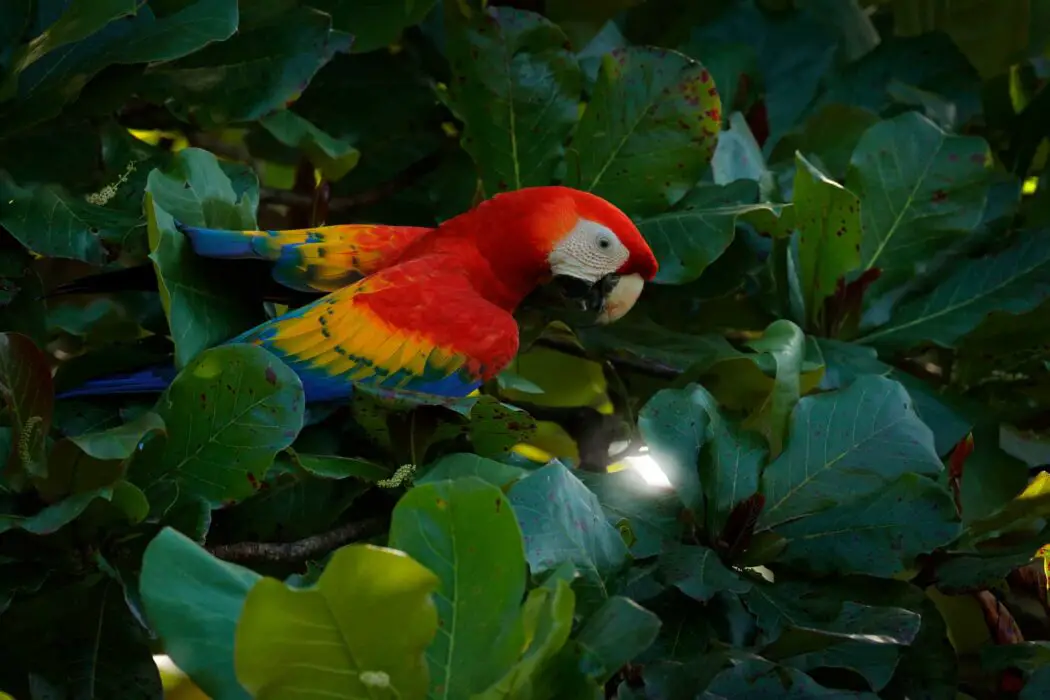
If your parrot isn’t doing any of these things, it could cause concern. However, this behavior can have various reasons. For example, your parrot may not have been socialized before and will need time to establish communication. Also, your pet may have experienced bad treatment and is simply afraid of communication. Wild adopted parrots can even be a little aggressive at first, and that’s okay.
As for parrots that can talk, you must understand that this does not happen immediately. You can help your parrot learn more words, but you need time and patience. And although parrots learn to speak by repeating your speech, they are unlikely to be able to learn many words without your help.
If your new parrot does not demonstrate good social skills and does not want to communicate with you, you need time to help them get used to you. Let your pet adjust and feel comfortable in the environment. Gradually, your parrot will get used to you and show you more attention. However, if this does not happen, your parrot may have a more quiet nature.
How Good Is Parrot Hearing? Learn Why Parrots Are So Good at Mimicking
Repetitive Behavior
Often, people with autism can use repetitive activities to calm themselves and protect themselves from stress if they experience fear and anxiety. These activities are called stimming, and they exist in many different forms, sometimes individual to each person. However, there are some general forms of stimming that people with ASD use most often. These include shaking the head, rocking back and forth, waving the arms, or hitting the head against something in a more severe form. And while many people find stimming dangerous, weird, or harmful, autistic people generally find it a safe and beneficial way to calm down.
Animals in captivity can also have repetitive behaviors called stereotypy. In the case of parrots, this can be feather plucking, rocking or walking back and forth, biting the cage, etc. Sometimes this behavior can result from stress, but most often, it occurs due to boredom and lack of mental effort.
The attention and care of the owner can usually correct this behavior. You need to play with your parrot more, give him new toys and engage in mental activities. In this case, your parrot will use the stereotypy less often, but they can repeat it if they are bored or scared.
Studies Involving the Possibility of Parrots Having Autism
Scientists are studying the possibility of autism in animals to find information about autism in humans. However, everything remains very difficult in this matter because autism is difficult to diagnose in people. And it is even more difficult to diagnose it in animals because their behavior is very different from ours. To help research autism in humans, scientists sometimes compare human and animal behavior using primates. Sometimes studies include rodents and dogs, but almost never birds.
The development of autism in the wild is extremely unlikely, but no research confirms it for sure. There are no studies that confirm the presence or absence of autism in animals. Most of the research done with animals aims to identify the genes responsible for the development of autism in humans. And although the human brain is arranged differently than the brain of a parrot, their chemical structure has similar features and common links. Scientists believe that a specific gene is responsible for the development of autism in humans – the FOXP1 gene.
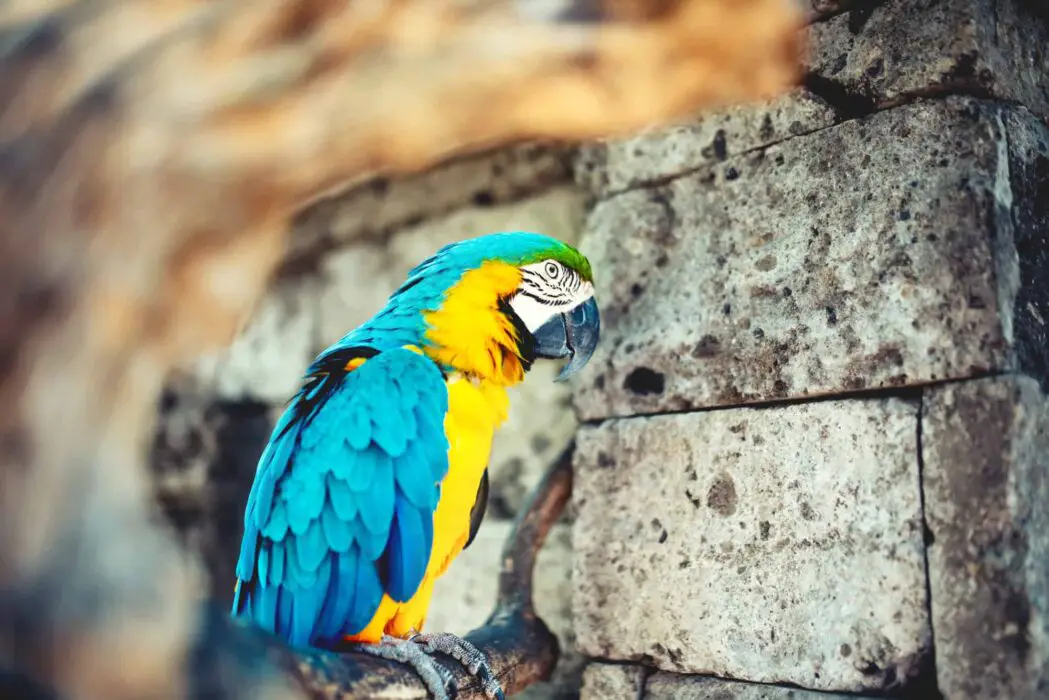
Research has found abnormalities in the FOXP1 gene in zebra finches. It is expressed by the inability of these birds to remember and repeat the songs of other birds. Zebra finches with the FOXP1 gene disorder can sing at a primitive level, and their songs are much easier than the songs of finches with the full FOXP1 gene. And although parrots and finches are completely different species, the results of these studies suggest that FOXP1 gene disorders in parrots may also affect their speech and communication as well as the condition of people with autism. However, in the study, scientists changed the genes of finches in artificial conditions, so it is difficult to assume whether such changes are possible in the wild.
Are Parrots Smarter Than Humans? Unexpected Truth
Conclusion: Can Parrots Be Autistic?
Currently, medicine diagnoses ASD in people only by the presence of certain symptoms. Medicine does not yet have special tests to determine this condition, either in humans or in animals. For example, you can observe that your parrot has similar behavior to an autistic person. However, it is impossible to tell for sure if it is normal for parrots or if it is a deviation.
Parrots may have this behavior as a natural reaction to certain events or emotions, such as fear, anxiety, or boredom. Many studies aim to identify the causes of autism in humans and the possible presence of autism in animals, but there is no exact information yet. For this reason, it is not yet possible to give a precise answer to the question of whether a parrot can be autistic.

